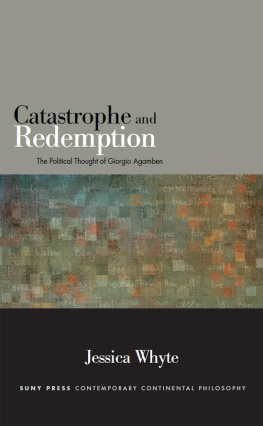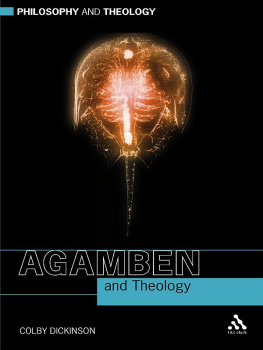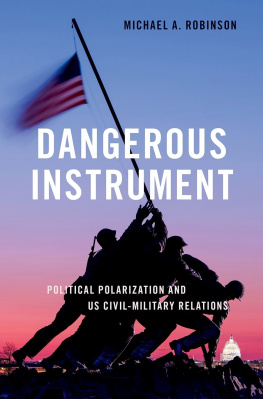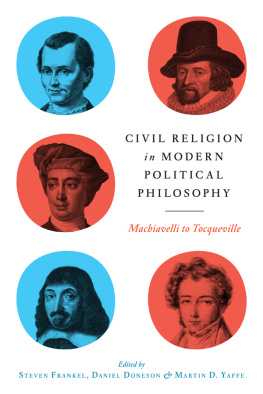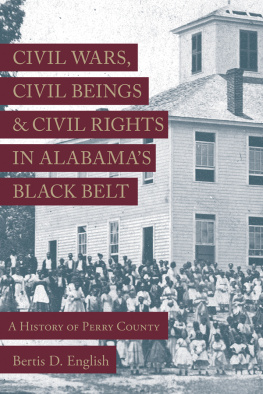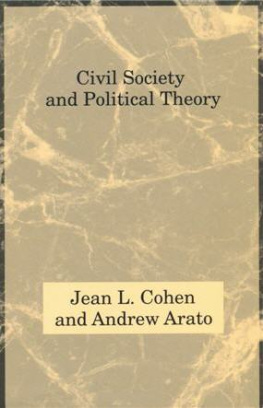Stanford University Press
Stanford, California
English translation 2015 Giorgio Agamben. All rights reserved.
Published by Stanford University Press.
Stasis: Civil War as a Political Paradigm was originally published in Italian in 2015 under the title Stasis: La Guerra civile come paradigma politico 2015 Giorgio Agamben, originally published by Bollati Boringhieri editore, Torino.
This book was negotiated through Agnese Incisa Agenzia Letteraria, Torino.
No part of this book may be reproduced or transmitted in any form or by any means, electronic or mechanical, including photocopying and recording, or in any information storage or retrieval system without the prior written permission of Stanford University Press.
Printed in the United States of America on acid-free, archival-quality paper
Library of Congress Cataloging-in-Publication Data
Agamben, Giorgio, 1942- author.
[Stasis. English]
Stasis : civil war as a political paradigm / Giorgio Agamben ; translated by Nicholas Heron.
pages cm (Meridian, crossing aesthetics)
Originally published in Italian in 2015 under the title Stasis: la guerra civile come paradigma politico.
The two texts published here reproduce, with slight variations and additions, two seminars on civil war given at Princeton University in October 2001.
Includes bibliographical references.
ISBN 978-0-8047-9605-7 (cloth : alk. paper)
ISBN 978-0-8047-9731-3 (pbk. : alk. paper)
ISBN 978-0-8047-9732-0 (eBook)
1. Civil warPhilosophy. 2. Political sciencePhilosophy. 3. Hobbes, Thomas, 15881679. Leviathan. I. Title. II. Series: Meridian (Stanford, Calif.)
JC328.5.A32613 2015
303.6'401dc23
2015026027
Typeset by Bruce Lundquist in 11/14.5 Adobe Garamond
STASIS
Civil War as a Political Paradigm
(Homo Sacer II, 2)
Giorgio Agamben
Translated by Nicholas Heron
STANFORD UNIVERSITY PRESS
STANFORD, CALIFORNIA
MERIDIAN
Crossing Aesthetics
Werner Hamacher
Editor
Contents
Foreword
The two texts published here reproduce, with slight variations and additions, two seminars on civil war given at Princeton University in October 2001. It is up to readers to determine to what extent the theses advanced herewhich identify the fundamental threshold of politicisation in the West in civil war and the constitutive element of the modern State in ademia (that is, in the absence of a people)still apply, or whether, to the contrary, the passage into the dimension of global civil war has altered their meaning in an essential manner.
1. Stasis
. It is generally acknowledged that a theory of civil war is completely lacking today, yet this absence does not seem to concern jurists and political scientists too much. Roman Schnur, who formulated this diagnosis as early as the 1980s, nonetheless added that the disregard of civil war went hand in hand with the advance of global civil war (Schnur 1983, 121, 156). At thirty years distance, this observation has lost none of its topicality: while the very possibility of distinguishing a war between States and an internecine war appears today to have disappeared, specialists continue to carefully avoid any hint at a theory of civil war. It is true that in recent years, owing to the upsurge of wars impossible to define as international, publications concerning so-called internal wars have multiplied (above all, in the United States); even in these instances, however, the analysis was geared not toward an interpretation of the phenomenon, butin accordance with a practice ever more widespreadtoward the conditions under which an international intervention becomes possible. The paradigm of consensus, which today dominates both political action and theory, seems incompatible with the serious investigation of a phenomenon that is at least as old as Western democracy.
There exists, today, both a polemology, a theory of war, and an irenology, a theory of peace, but there is no stasiology, no theory of civil war. We have already mentioned how, according to Schnur, this absence could be related to the advance of global civil war. The concept of global civil war was introduced contemporaneously in 1963 in Hannah Arendts book On Revolution (in which the Second World War was defined as a kind of civil war raging all over the earth [Arendt 1963, 8]) and in Carl Schmitts Theorie des Partisanen (Schmitt 2007), a book dedicated to the figure that marks the end of the conception of war of the Jus publicum Europaeum, which was grounded on the possibility of clearly distinguishing between war and peace, soldiers and civilians, enemies and criminals. Whatever date one wishes to trace this end back to, it is certain that today the state of war in the traditional sense has virtually disappeared. Even the Gulf War, the last conflict that still had the appearance of a war between States, was fought without the warring States declaring the state of war (which for some States, such as Italy, would have been unconstitutional). The generalisation of a model of war which cannot be defined as an international conflict, yet which lacks the traditional features of civil war, has led some scholars to speak of uncivil wars, which, unlike civil wars, appear to be directed not toward the control and transformation of the political system, but toward the maximisation of disorder (Snow 1996). The attention which scholars dedicated to these wars in the 1990s ultimately could not lead to a theory of civil war, but only to a doctrine of management, that is, of the administration, manipulation and internationalisation of internal conflicts.
. One possible reason for the lack of interest in civil war was the increasing popularity of the concept of revolution (at least, up until the end of the 1960s), which was often substituted for civil war, yet without ever coinciding with it. It was Hannah Arendt who, in her book On Revolution, unreservedly formulated the thesis of the heterogeneity between the two phenomena. [R]evolutions, she writes,
are the only political events which confront us directly and inevitably with the problem of beginning [...] Modern revolutions have little in common with the mutatio rerum of Roman history or the stasis, the civil strife which disturbed the Greek polis. We cannot equate them with Platos metabolai, the quasi-natural transformation of one form of government into another, or with Polybiuss politein anakyklsis, the appointed recurring cycle into which human affairs are bound by reason of their always being driven to extremes. Antiquity was well acquainted with political change and the violence that went with change, but neither of them appeared to it to bring about something new. (Arendt 1963, 1314)
Although it is likely that the difference between the two concepts is in fact purely nominal, it is certain that the concentration of attention on the concept of revolution (which for some reason seemed more respectable than that of stasis, even to a scholar as unprejudiced as Arendt), has contributed to the marginalisation of studies on civil war.
. A theory of civil war is not among the possible objectives of this text. Instead, I will restrict myself to examining the topic as it appears within Western political thought at two moments in its history: in the testimonies of the philosophers and historians of Ancient Greece and in the thought of Thomas Hobbes. The two examples have not been selected by chance: I would like to suggest that they represent the two faces, so to speak, of a single political paradigm, which manifests itself, on the one hand, through the assertion of the necessity of civil war, and on the other, through the assertion of the necessity of its exclusion. That the paradigm is, in truth, single, means that the two opposed necessities maintain a secret solidarity between them. And it is this secret solidarity that I will seek to grasp.
Next page


